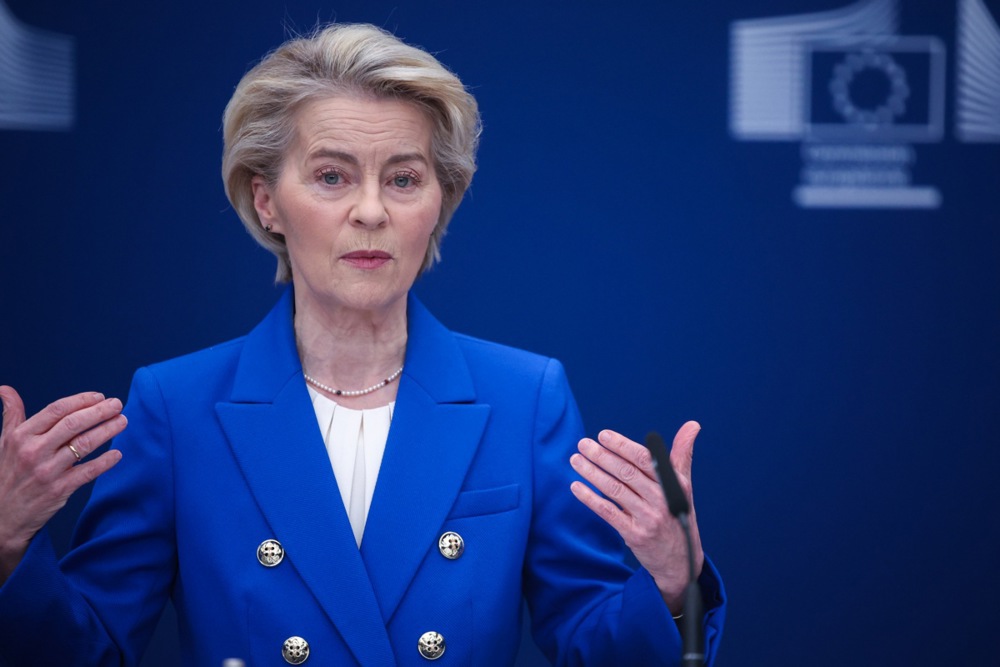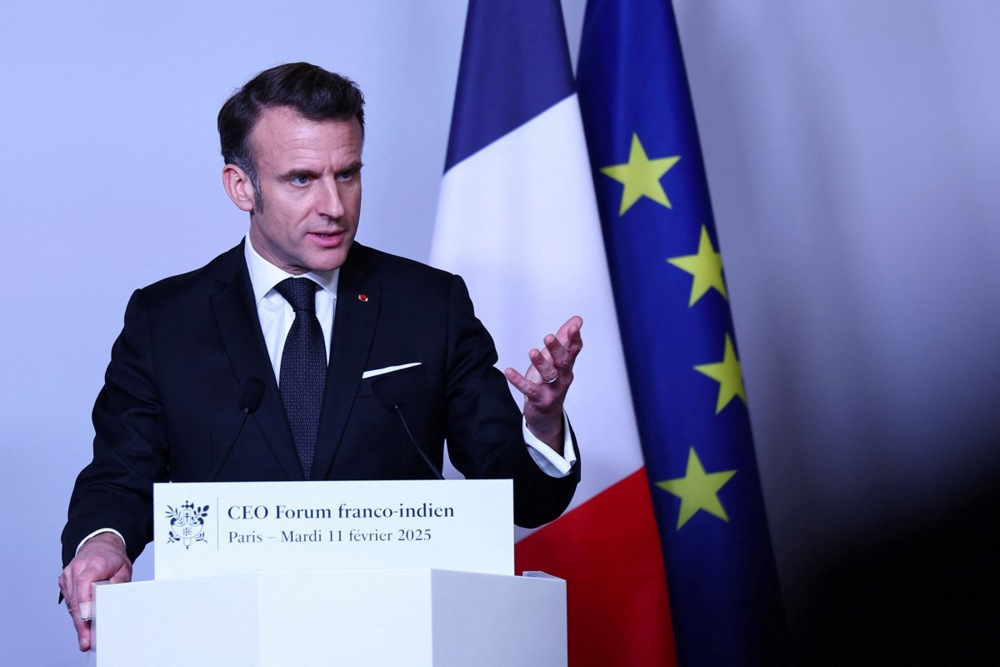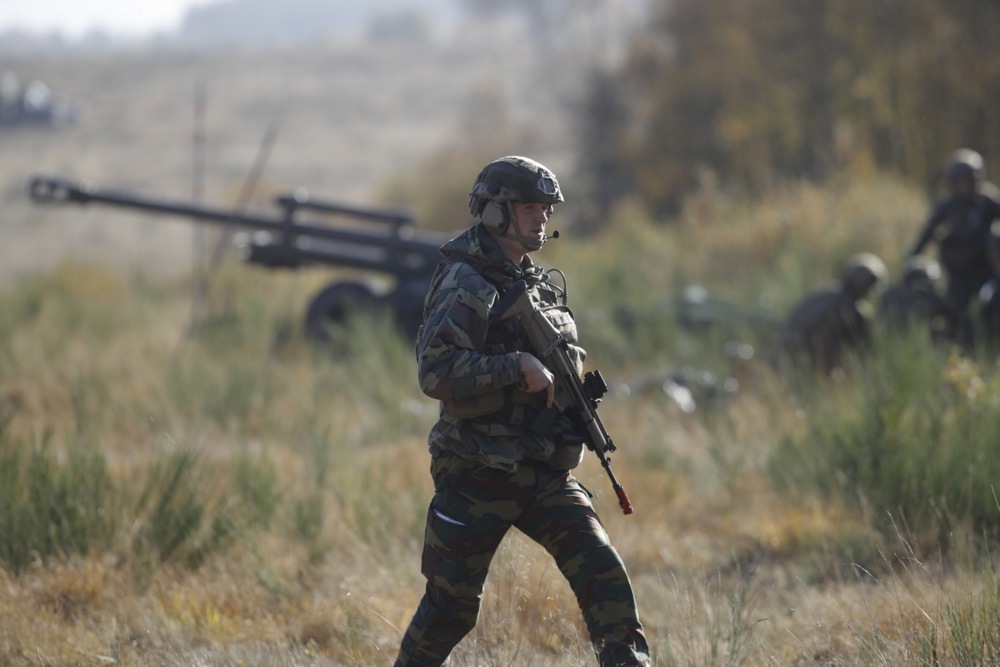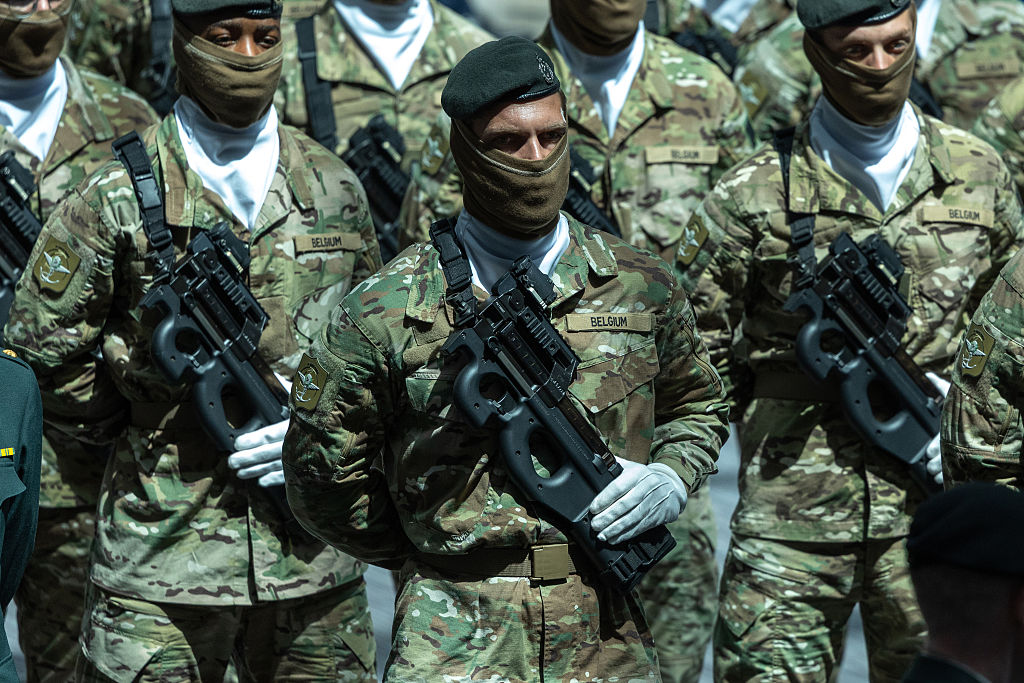According to Belgian defence minister Theo Francken, Ukraine and Western counties won’t be able to defeat Russia in the field. They could, however, bring it economically to its knees.
Francken spoke yesterday at the European Policy Centre (EPC) on peace in Ukraine and on European Union defence in general, as the European Union is preparing its 19th package of sanctions against Russia.
Regarding the now-cancelled Budapest peace summit, the Belgian minister said it was “doomed to fail”.
This was, he claimed, because Putin was unwilling to freeze the frontline, instead rather expand Russian territory and take more Ukrainian land.
According to Francken, what was needed first was a ceasefire, and he had no belief in a military win in the war, unless the EU countries sent troops, something he said would never happen.
The only thing that would stop Russia is to increase the pain of further conquest. On one side militarily, with western weapons, on the other via strong economic measures — with a strong emphasis on the economic side to stop Russia.
This included strikes on oil and gas plants, which really hurt Russia, more and stronger economic sanctions and taking down Russia’s shadow fleet.
“Russia needs to be defeated economically, but this won’t happen in two weeks,” he said, referring to the already shelved Budapest summit.
Francken said that Russia has been brought to its knees repeatedly in the past, almost never militarily, but often economically.
Francken said there was need for Western unity and co-ordination between the US and the EU, in particular to prevent Russia from bypassing sanctions and working with third countries.
He said combined pressure could deter third countries from trading too much with Russia.
The Belgian minister lamented the case of India, where Trump was using tariffs as a leverage of change, while Europe is working on a trade deal with it.
The Belgian defence minister highlighted the billions of euros sent by his country to Ukraine, together with what it needed the most, including F16 training, ammunition for artillery and machine guns and so forth.
He also warned that the current debate about the frozen Russian assets, worth €200 billion, lacked nuance and that the proposed actions could push Belgium into bankruptcy if mishandled.
Further it could set a dangerous precedent because it would create liabilities and undermine international trust in the financial system of the West.
About the European defence model, Francken contrasted the Russian military industrial complex, which was centralised and State controlled, with Ukrainian bottoms-up mechanisms, with free enterprise and ingenuity.
Where Russia leaned on factories, the West went for engineers and creativity, Francken claimed.
He called for universities in the West to do more and drop their objections on dual research.
Francken stressed that helped making Europe secure and sovereign and called for ending environmental, social and governance (ESG) requirements, because it restricted investment in defence.
He called for firms to diversify their supply chain across the member states, so the big countries would not dominate everything. Francken also stressed the need for more co-operation and integration, including with the US.
He urged people to be calm about drone incursions in Europe, stressing that air defence systems worked. He did add that under him, Belgium had appointed their first “drone general” and was learning a lot from what was happening in Ukraine.
He highlighted that Belgium has stepped up its game, evolving from underachiever in the NATO context to an ambitious member state paying its dues.
Francken also praised the F35 as a fighter jet, stressing the fact that it has a significant European component.
Still, he admitted, there was a “transatlantic marriage crisis” but said the latest NATO summit was a real turning point, crediting General Secretary Mark Rutte for his work.
Francken was also positive about the European Commission’s foreign affairs head Kaja Kallas and EC defence chief Andrius Kubilius for their work on European defence.
Ex-Lieutenant General Marc Thys, former Belgian Vice-Chief of Defence, has told local media that the ammunition shortage in the Belgian army has improved. https://t.co/DlFIh8RqdZ
— Brussels Signal (@brusselssignal) September 10, 2025





